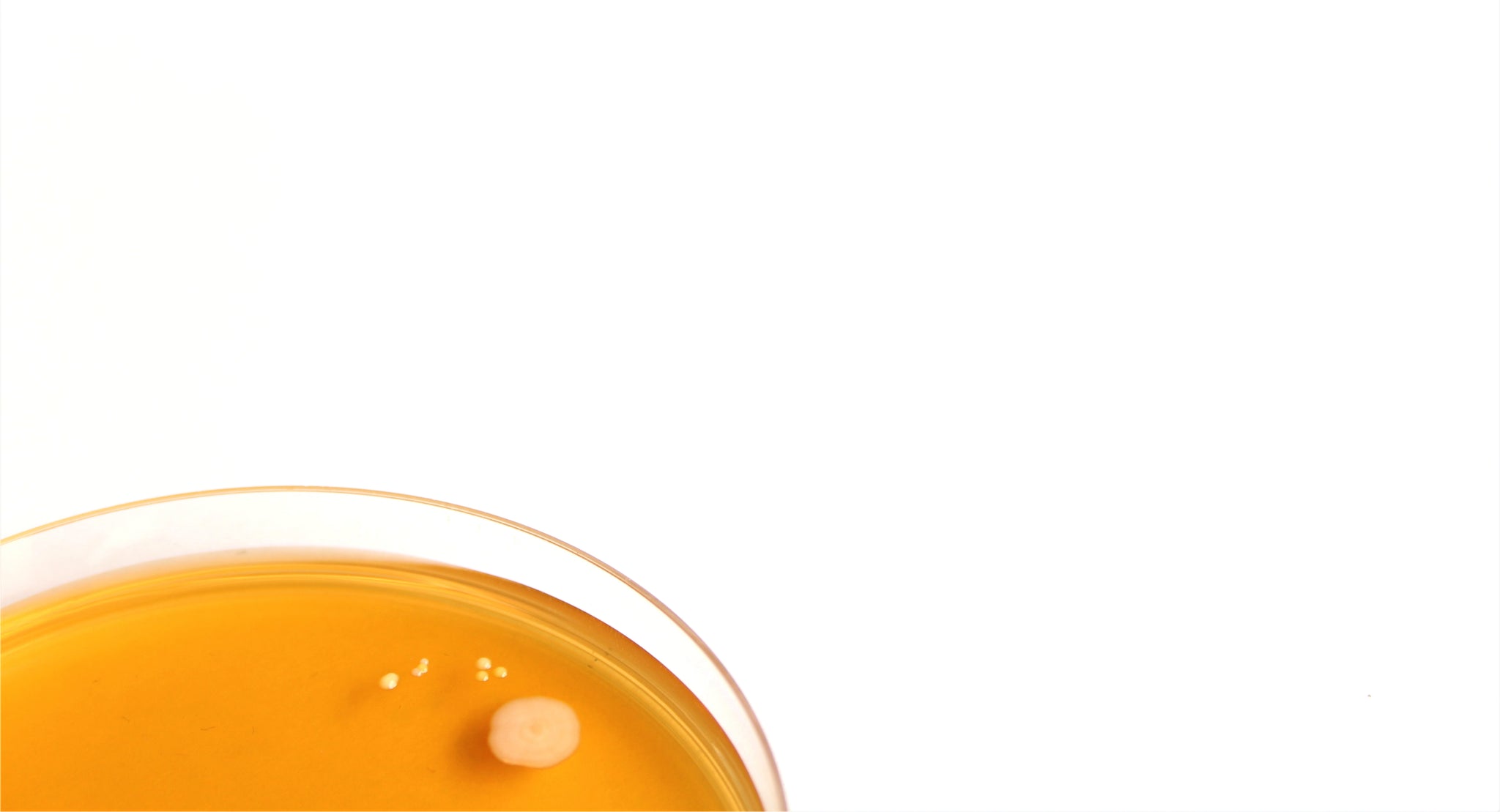Your Cart is Empty
FREE SHIPPING on US orders over $45. Save 25% With Code TAKE25 at checkout.
FREE SHIPPING on US orders over $45. Save 25% With Code TAKE25 at checkout.

Right now, there are about 1 trillion bacteria on your skin, making up a tiny ecosystem called the skin microbiome. The skin microbiome is responsible for the health of your skin, including how well it absorbs skincare products.
Washing your face too often -- along with other skin irritants like the environment and harsh chemicals in skincare products -- can reduce or increase the amount of certain bacteria, wreaking havoc on your skin. An imbalance of bacteria in your skin’s microbiome can lead to skin concerns like eczema and acne.
So, how can you manage your skin's microbiome? Read on to find out as we investigate everything you need to know about the skin microbiome below.
On top of your skin's physical barrier lives a layer of natural bacteria that helps promote healthy skin functioning. This is what’s known as your skin microbiome. It’s an ecosystem of organisms that live on the skin, contributing to its overall health. Within this little community of organisms, there are hundreds of species of bacteria. A diverse balance of bacteria equals a healthy skin microbiome.
A lot of skin problems are caused by the destruction and imbalance of the skin barrier. When your skin barrier is compromised, issues like skin sensitivity, acne, and a loss of moisture occur, and your skin struggles to regenerate. A healthy skin microbiome protects against infection, aids in wound healing, minimizes oxidative damage, and helps keep skin hydrated and plump. Plus, it affects how well your skincare products are absorbed.
Thanks to over-cleansing, exfoliation, and exposure to other detrimental skin saboteurs, your skin’s microbiome is messed with daily. These aggressors decimate your skin’s delicate good bacteria, throwing your microbiome out of balance and allowing the bad bacteria to take over and compromise your skin's barrier. When your skin barrier is not intact, it is no longer preventing allergens and irritants from entering the skin. This can lead to conditions and complications like acne, rosacea, or eczema.
A dysfunctional microbiome can also increase premature aging and sensitivity. If your skin begins to burn or sting unpredictably when you use certain skin care products, this could be why.
Prebiotics and probiotics often get grouped together, but they’re not the same thing. Prebiotics are specialized plant fibers. They act like fertilizers that stimulate the growth of healthy bacteria in the gut. Probiotics are different in that they contain live organisms, usually specific strains of bacteria that directly add to the population of healthy microbes in your gut. Just like in the gut, prebiotics and probiotics can be beneficial for lackluster skin that needs a boost.
Face washes with strong cleansing agents, like sulfates, can create a bacterial imbalance. Look for milder options.
Frequent washing can also disturb the skin microbiome, so rinse with only water when you cleanse in the morning, and use face wash only when you really need to -- before bed to remove makeup, after a workout, or an especially sweaty day.
We’re essentially upsetting our skin’s natural pH balance and stripping away essential bacteria everyday. Your skin microbiome is in a constant balancing state between harmful and helpful microorganisms. That’s where prebiotic and probiotic skincare products can help. They contain good bacteria to rebuild and strengthen the skin’s barrier, protect against pollution, soothe inflammation, and reduce the occurrence of other skin issues like acne and eczema.
Traditional acne treatments like benzoyl peroxide don’t know the difference between bad bacteria and good bacteria. Killing off everything can lead to more breakouts. Save acne treatments for spot treating only.
Regularly under-hydrating can negatively affect your skin’s microbiome. Drink between 9 and 13 eight ounce cups of water a day and use a skin microbiome-pampering serum with hyaluronic acid or squalane to draw water into the skin and restore its barrier.
Whenever possible, wear clothing made from natural fibers such as cotton and bamboo -- especially if the material or fabric will be close to your skin for a long time. Synthetic fibers can irritate the skin barrier, changing the ratio of good to bad bacteria.
Also, keep in mind that the number of bacteria on your skin isn’t the only thing that matters to its health. Hosting a variety of different bacteria is just as crucial. Any shift in your skin’s microbiome can lead to inflammatory issues such as eczema, psoriasis, rosacea, and acne. To counteract the daily threats we put our skin microbiome under daily and avoid an array of skin issues concerns, add these tips to your everyday skincare routine. Your healthy, happy skin microbiome will thank you.